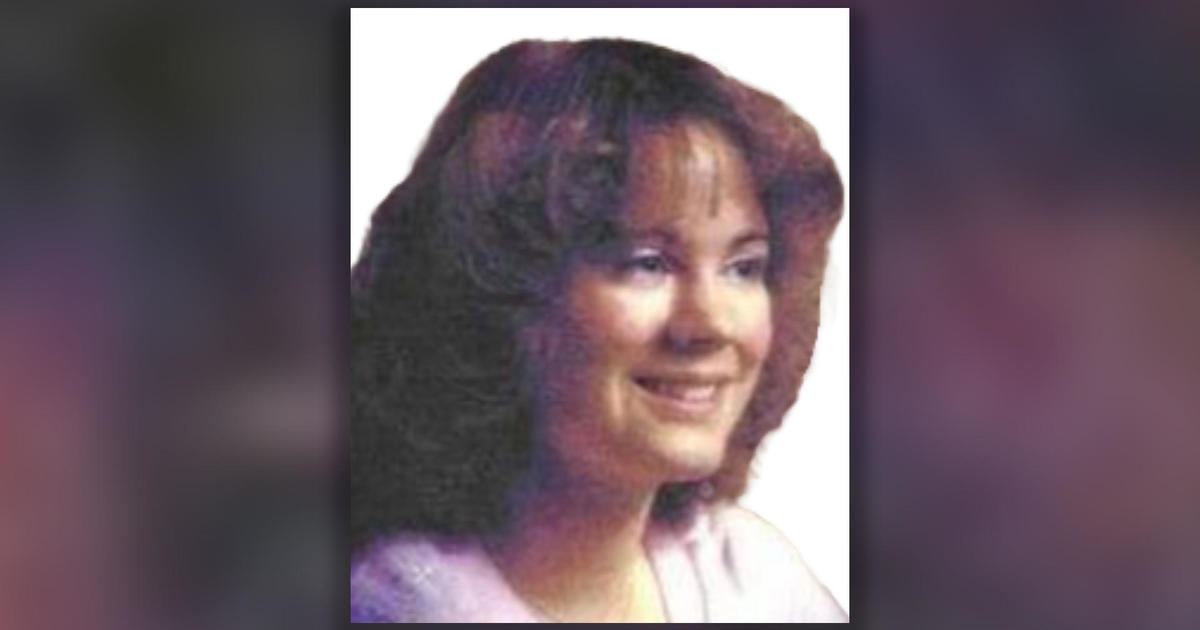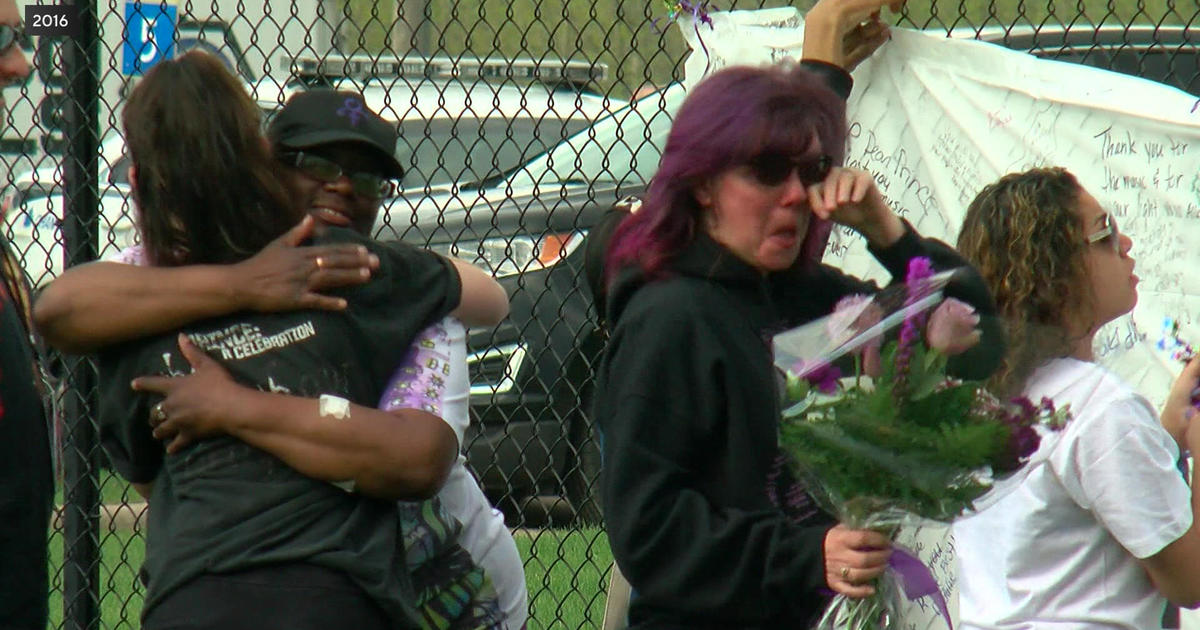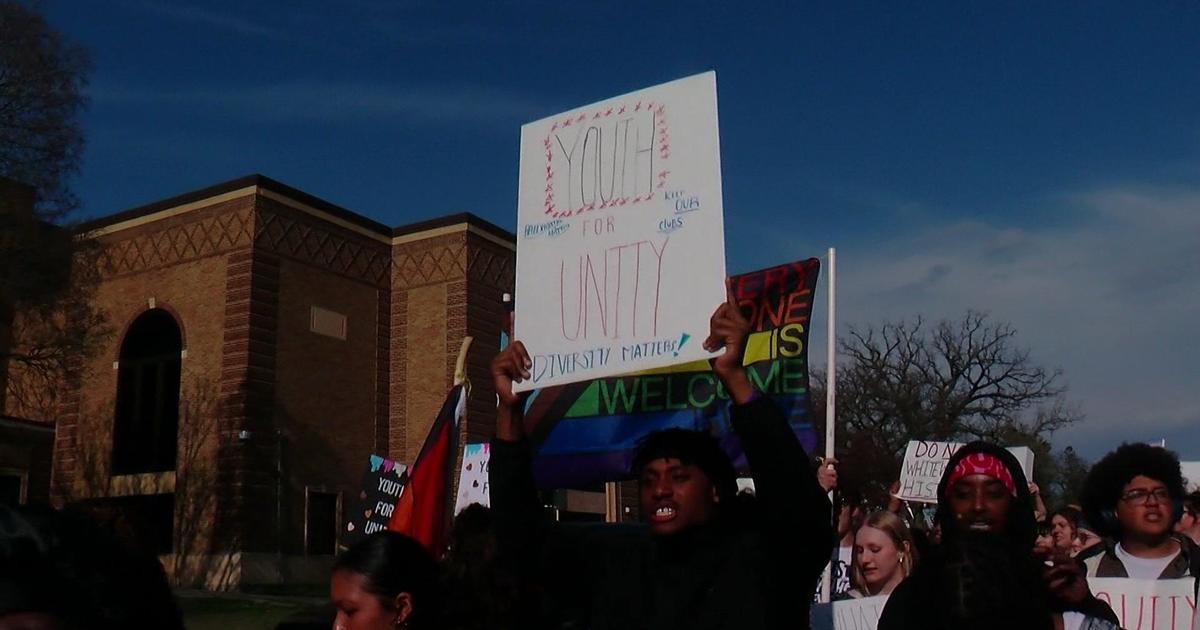Good Question: How Often Do Mistrials Occur, And What Causes Them?
MINNEAPOLIS (WCCO) -- Lawyers for Byron Smith, the Little Falls man accused of killing two teenagers in his home on Thanksgiving 2012, have now asked for a mistrial twice. On Tuesday, the attorneys argued statements made by the prosecutor before the trial began were prejudicial. On Wednesday, Smith's layers said they hadn't seen all of the BCA investigator's paperwork, including the distance between the guns and the victims when they were shot. Both times, the judge denied the mistrial requests.
First off, what's a mistrial?
"A mistrial is when something has gone wrong during the trial process, and it needs to start over," said Mendota Heights defense attorney Sam Edmunds, of Sieben Edmunds, PLLC.
According to the American Bar Association, a judge can declare a mistrial due to the death of a juror or attorney, an error that would cause prejudice and couldn't be rectified with jury instructions, impropriety in jury selection, jury misconduct or a hung jury.
"It doesn't have to be that somebody did something intentional," said Kevin Sieben. "It could be that some evidence was received that wasn't supposed to be heard by the jury."
Dakota County Chief Deputy Attorney Phillip Prokopowicz says mistrials "don't happen all that often," because of the potential consequences. He says judges generally find other ways to resolve the disputes like continuances or asking the jury to ignore certain evidence.
A sampling of court cases by the National Center for State Courts found that of the cases that went to trial, 6 percent ended in hung juries and 4 percent were declared mistrials for other reasons.
In most situations, cases that end in mistrial can be tried again. Sieben says, in some cases, the Fifth Amendment double jeopardy cause comes into play if there was egregious behavior by the attorneys.
"They may say you had your chance, you screwed up and we're not going to let you have a new trial, but more often than that, the error was unintentional," he said.
At other times, including the John Edwards federal campaign finance case, prosecutors had the opportunity to retry but decided against it.



